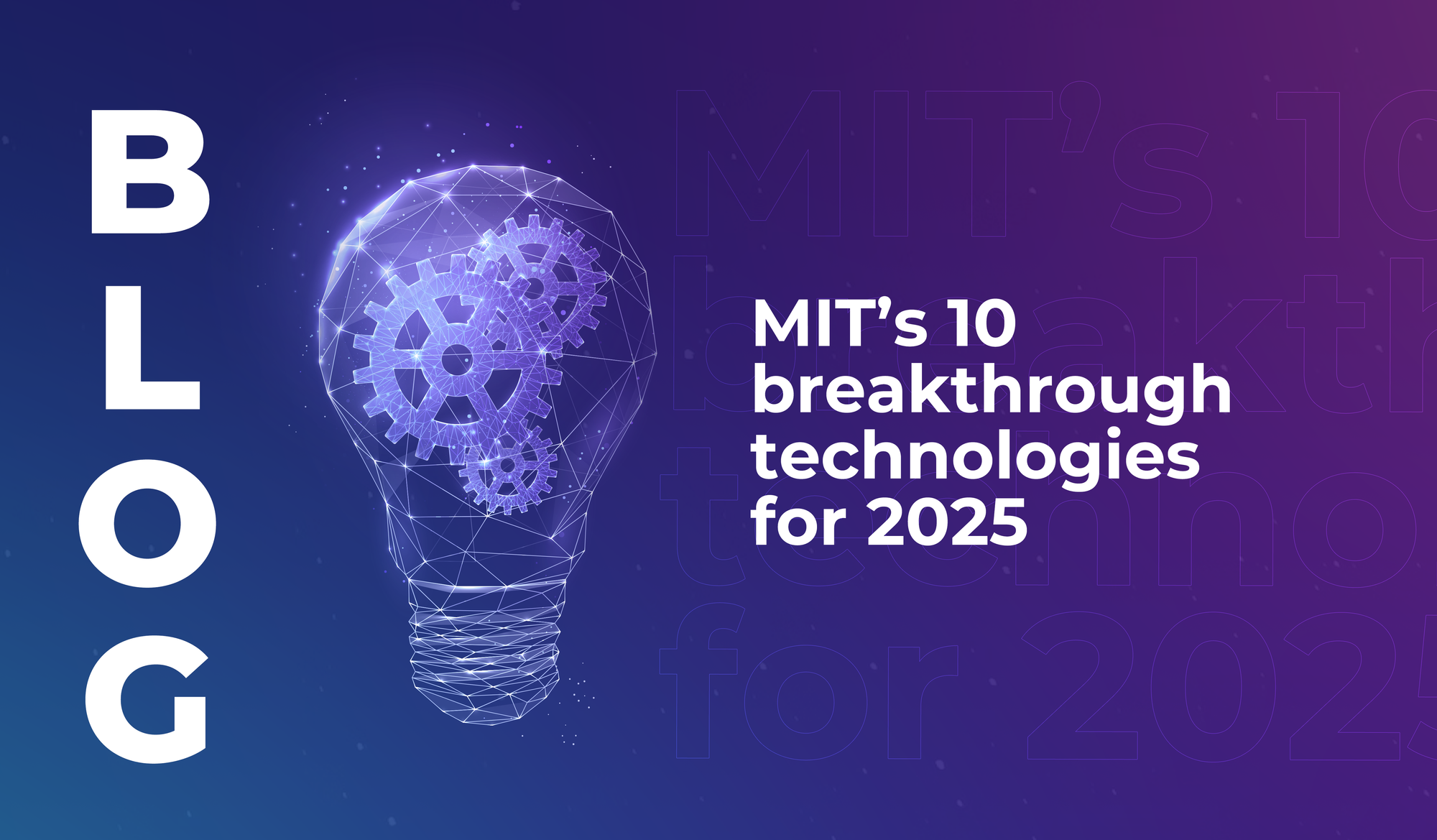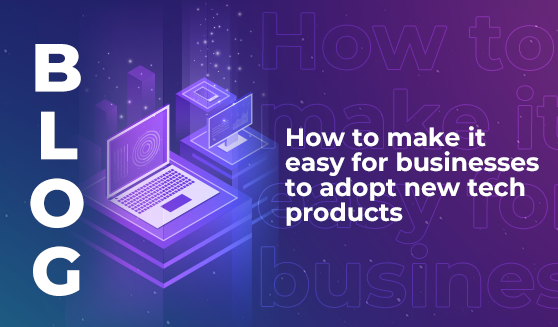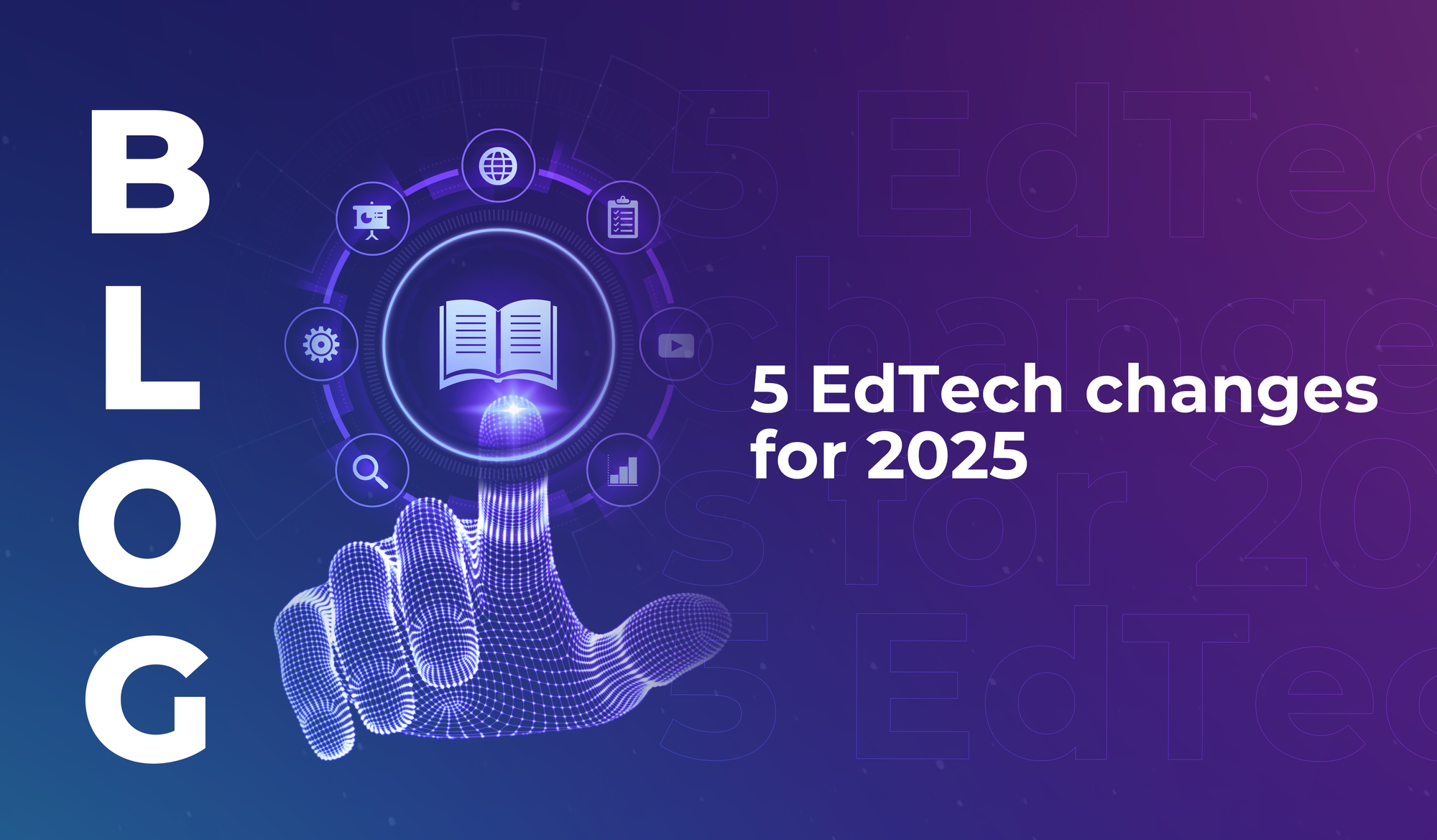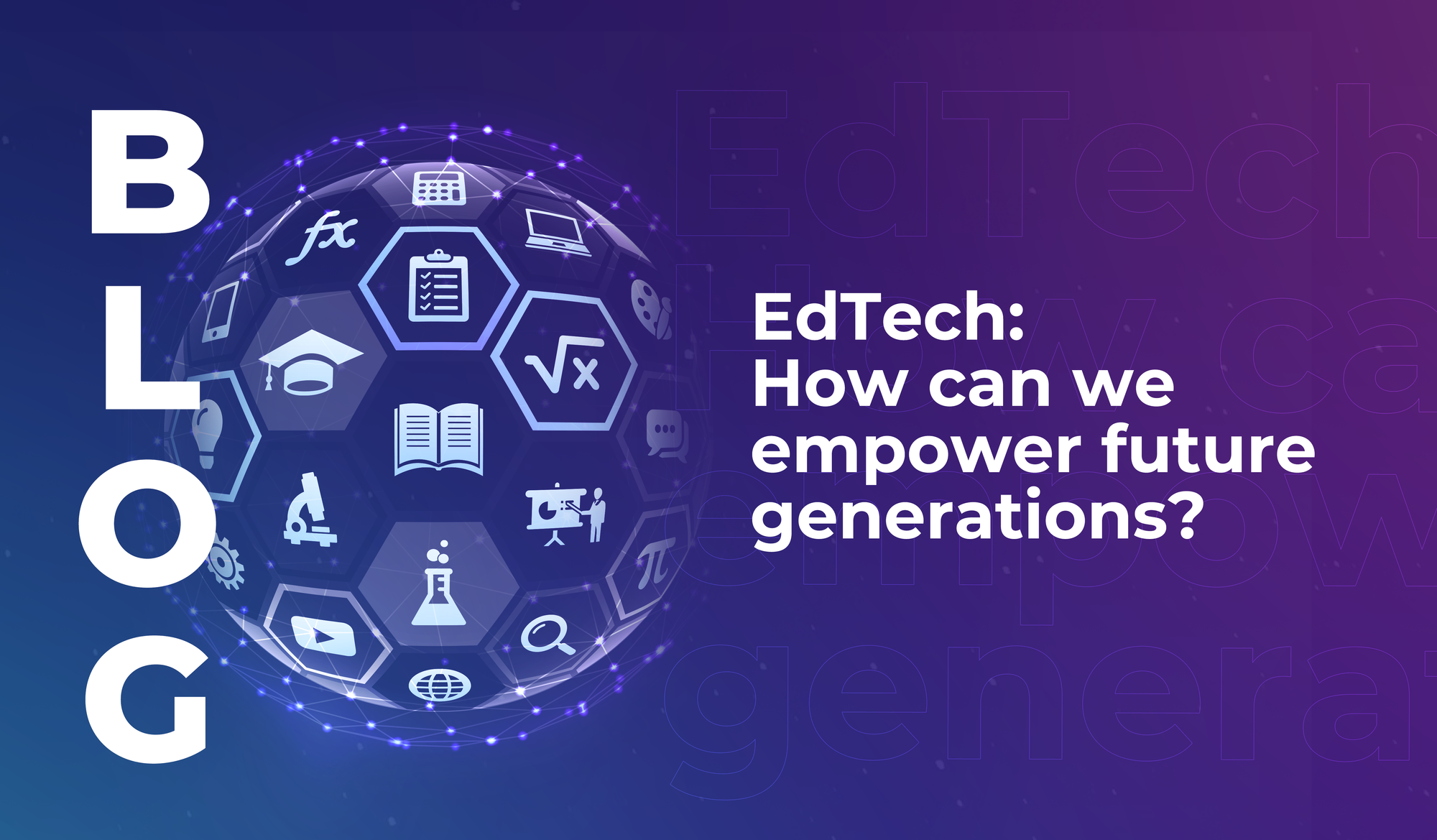
MIT’s 10 breakthrough technologies for 2025
Discover the ten technologies that MIT researchers predict will have a major impact on our world for decades to come.


The 2023 Insight Intelligent Technology report (conducted by IDC InfoBrief and commissioned by Insight Enterprises) highlighted the reality that we’re entering into a new era of innovation – with tech developments accelerating across industries. There are loads of positives to this, but we want to focus on one key finding that reflects a concern many businesses are experiencing:
That falling behind the curve of digital transformation can have a more serious negative impact on a company than a recession.
Of the 1,000 business leaders included in the survey (all working in large commercial businesses with over 1,000 employees, across a range of industries), 52% said operational resilience is one of the most pressing challenges they need to overcome imminently, and 34% indicated plans to invest in digital transformation to scale distribution and monetisation of products and services over the 12 months following the study; while 33% planned to invest in achieving ‘deeper digitalisation’ of the customer experience.
A majority of organisations said they believe they need to become a digital business, and 61% said they expect to achieve an impactful ROI from digitalisation within a year.
When they were asked about the obstacles to achieving digital transformation, the picture looked like this:
Businesses know that failing to innovate and keep up with technological advancements across industries will put them at a serious competitive disadvantage. But it’s not easy to adopt new technologies and integrate them into existing operations – so organisations are grappling with the balance of transformation vs the pressure to keep up day-to-day operations.
For tech companies, we think this offers a clear call to action. Don’t just create great products and services – create them and make it as easy as possible for businesses to adopt them.
An important aspect of this is integration. Wherever possible, businesses need access to products and services that they can integrate seamlessly into their existing operations – so adopting new technologies doesn’t force them to completely overhaul every aspect of their operations.
Beyond that, if you want to lower the barriers to entry to your tech products and services, you can:
And finally, make sure that the support you provide to clients doesn’t stop once they’ve successfully implemented your tech. Support should be ongoing, including a two-way feedback and update system, and give companies the confidence that your tech can adapt as their business evolves.

Discover the ten technologies that MIT researchers predict will have a major impact on our world for decades to come.

Discover the developments you’ll see across the EdTech sector this year, with a focus on personalised learning, adaptive teaching, and the integration of new innovations into existing educational models.

Aman Merchant (Serial Entrepreneur; Chief Provocateur at Radicle; General Partner at ReimaginED Collective) is a futurist at heart, with three decades of experience across education, social impact, and innovation. An expert in the art of collaboration, he’s a leader in global education transformation. As Founder of the ReimaginED Collective,

Discover the ten technologies that MIT researchers predict will have a major impact on our world for decades to come.

Discover the developments you’ll see across the EdTech sector this year, with a focus on personalised learning, adaptive teaching, and the integration of new innovations into existing educational models.

Aman Merchant (Serial Entrepreneur; Chief Provocateur at Radicle; General Partner at ReimaginED Collective) is a futurist at heart, with three decades of experience across education, social impact, and innovation. An expert in the art of collaboration, he’s a leader in global education transformation. As Founder of the ReimaginED Collective,